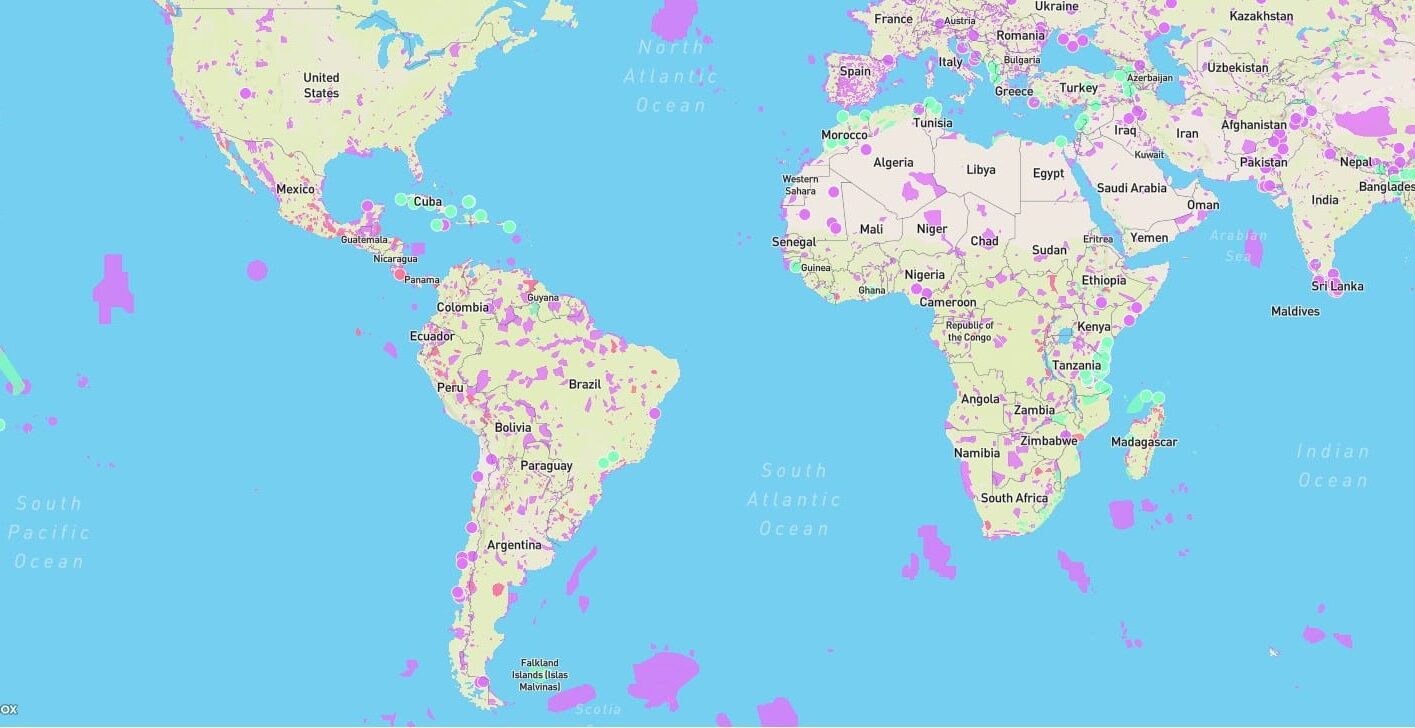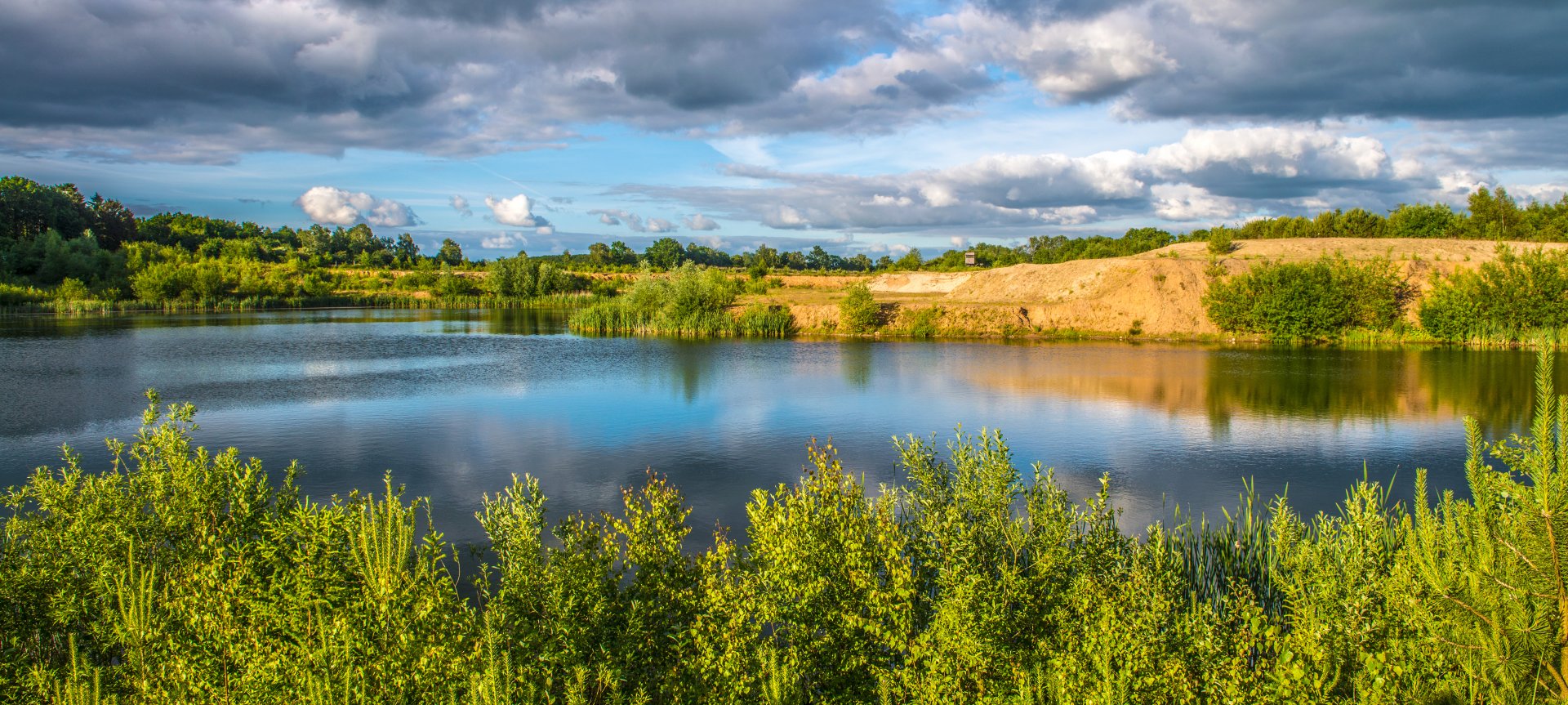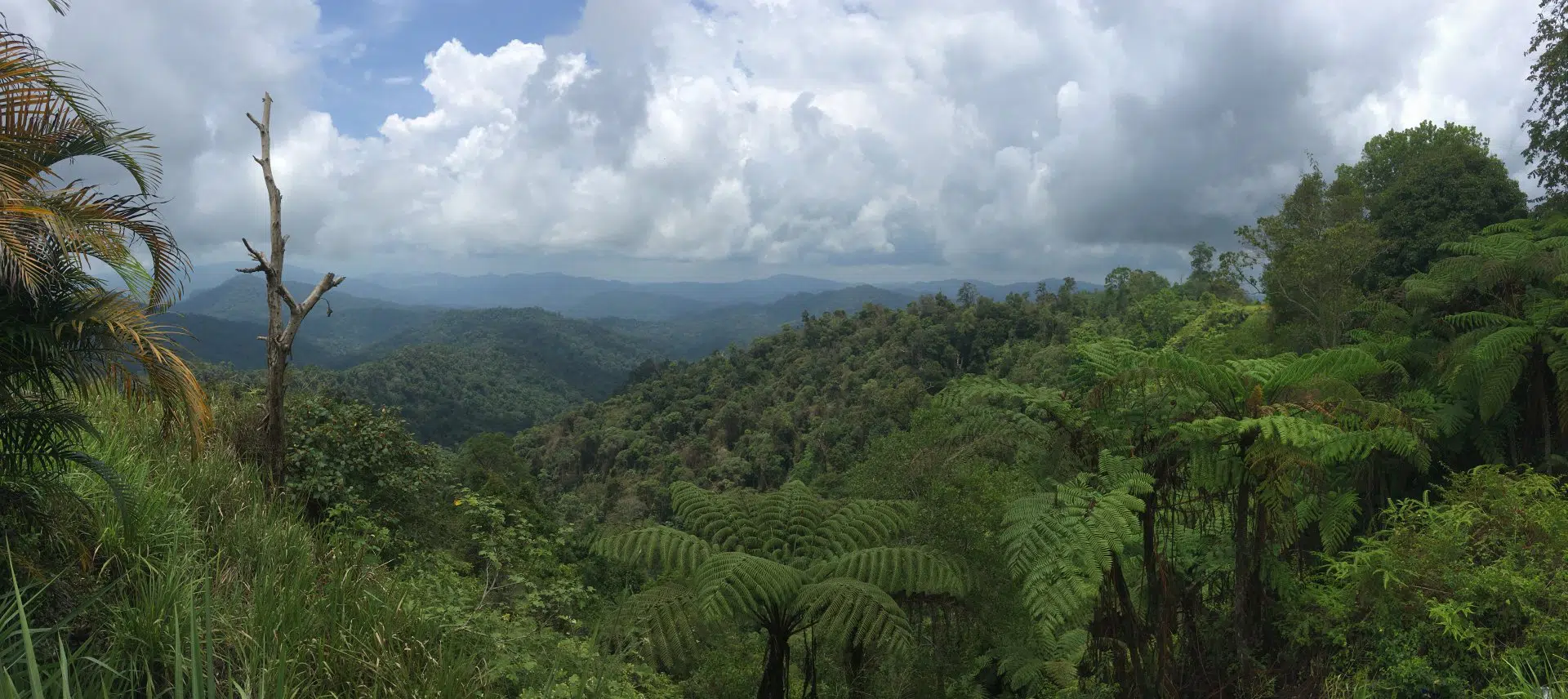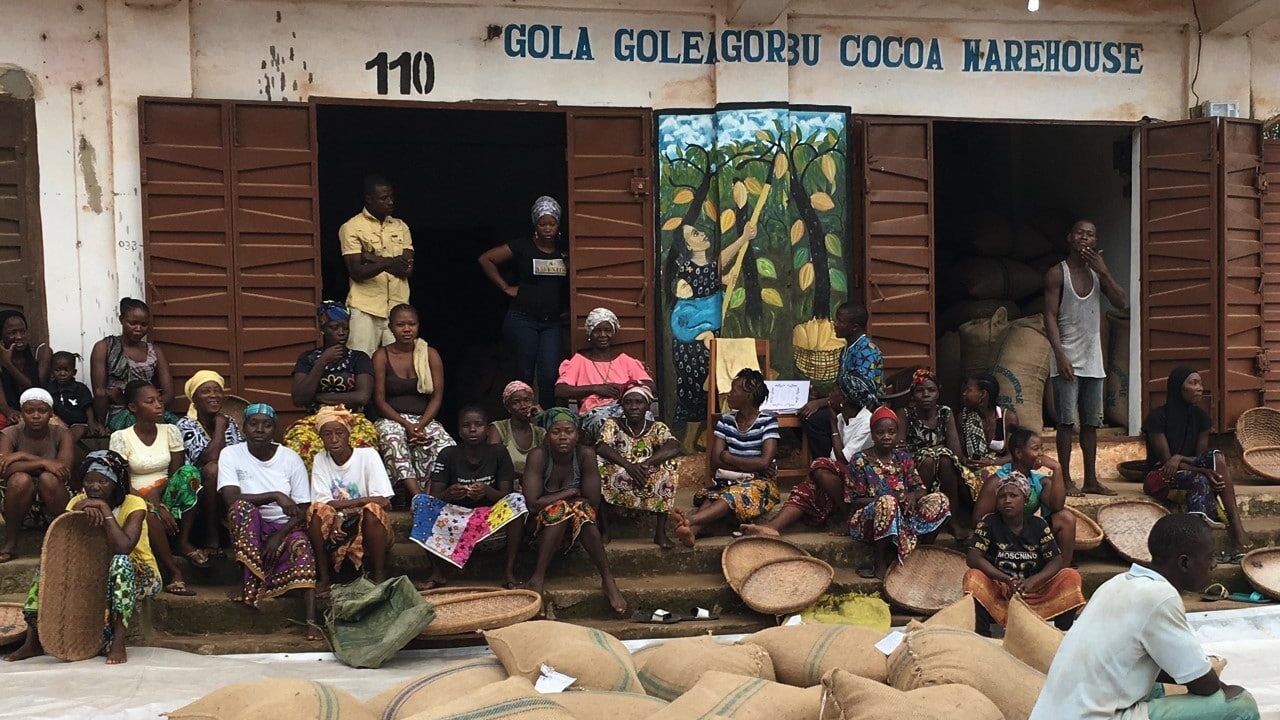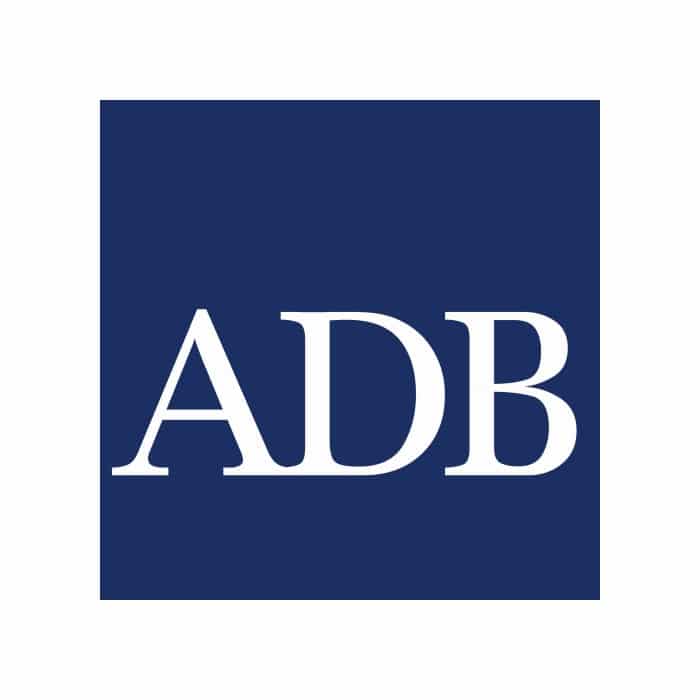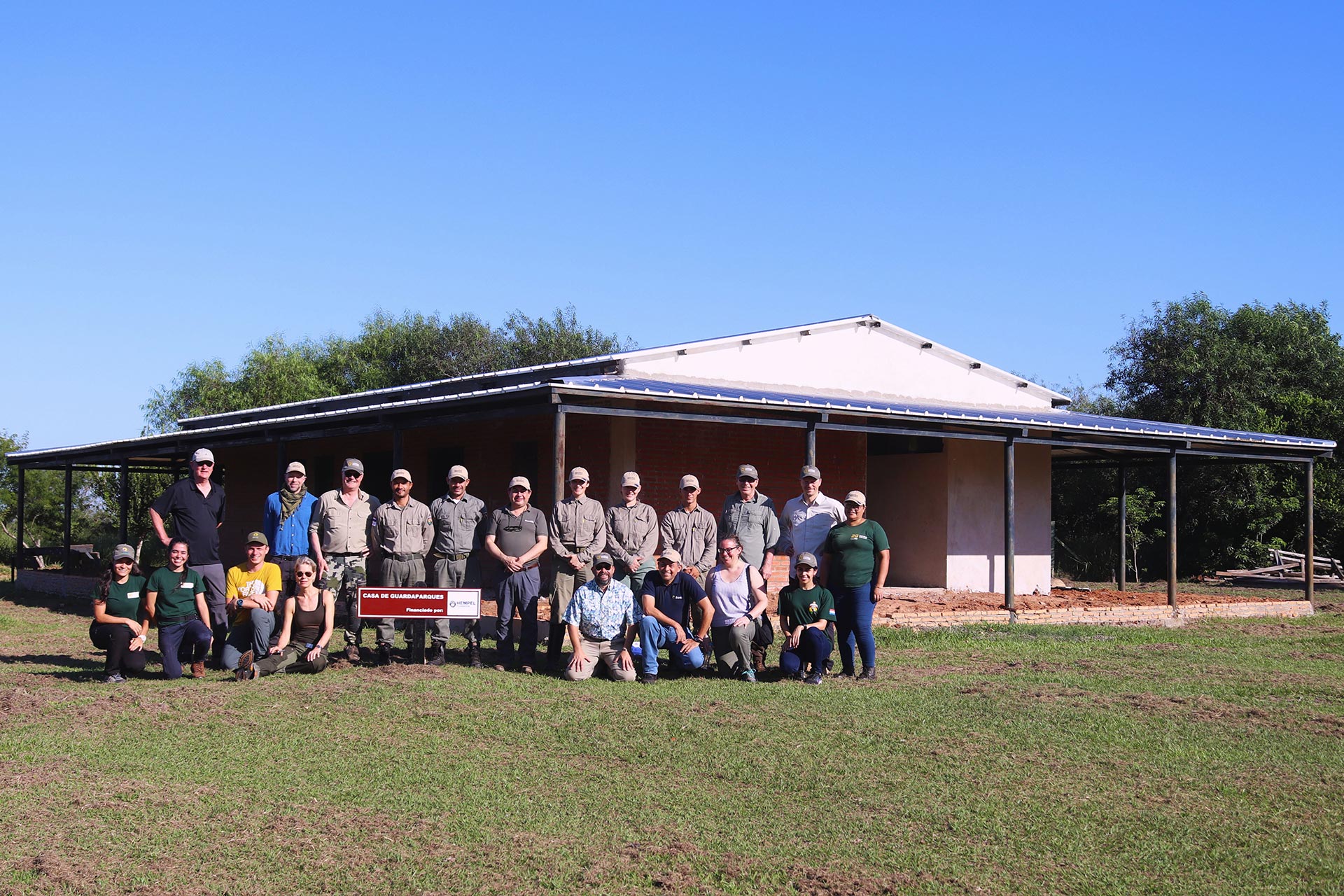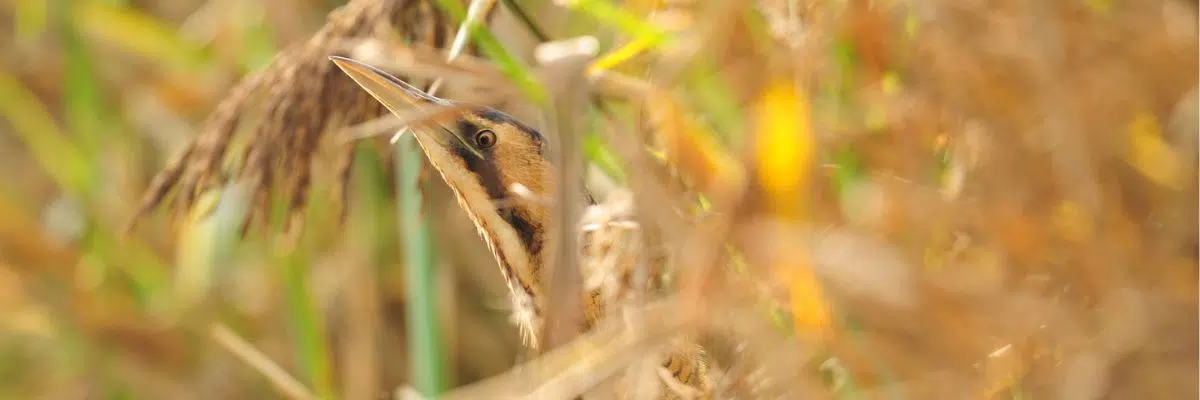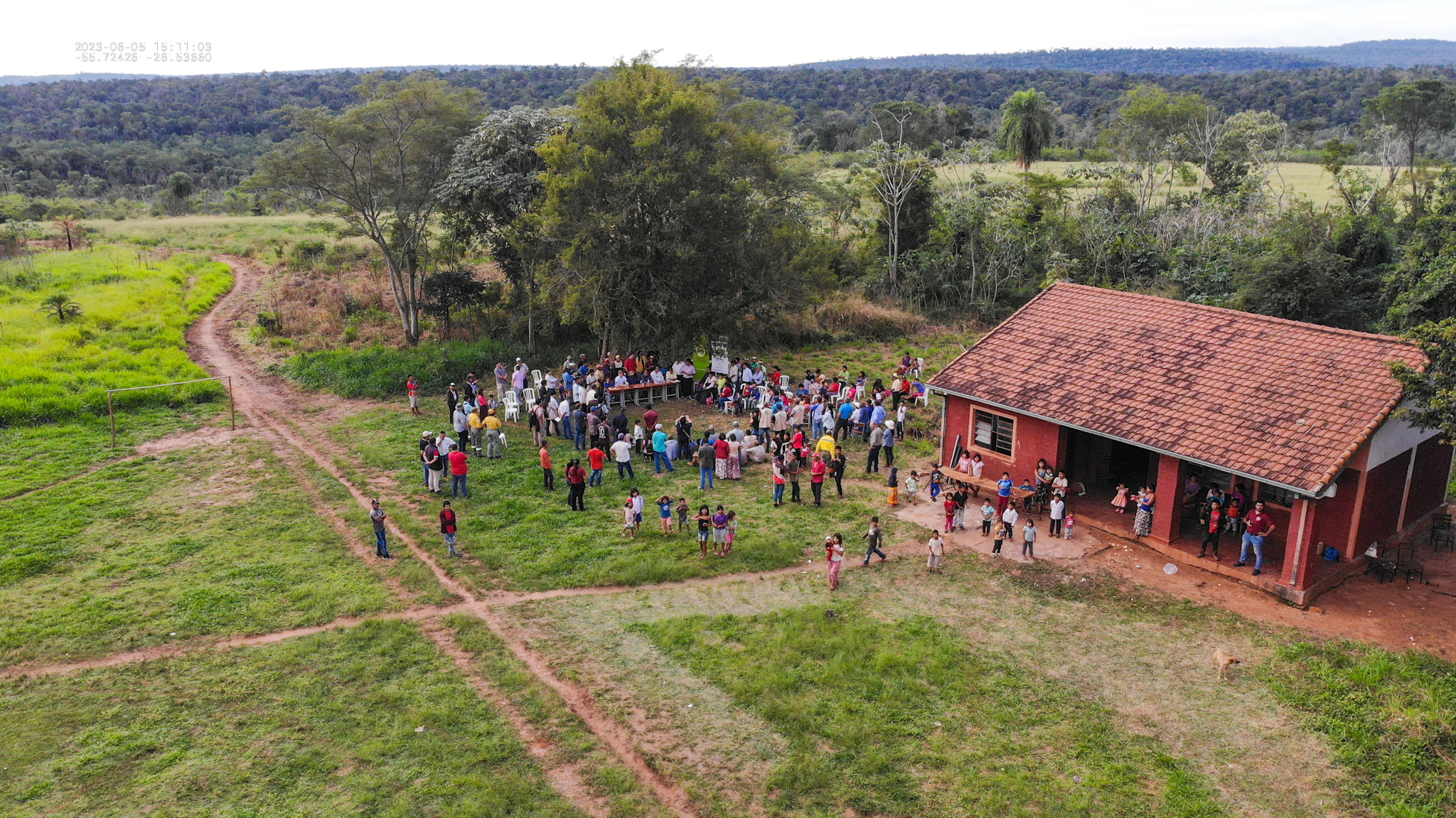Working with business and people towards the sustainable use of natures’ resources
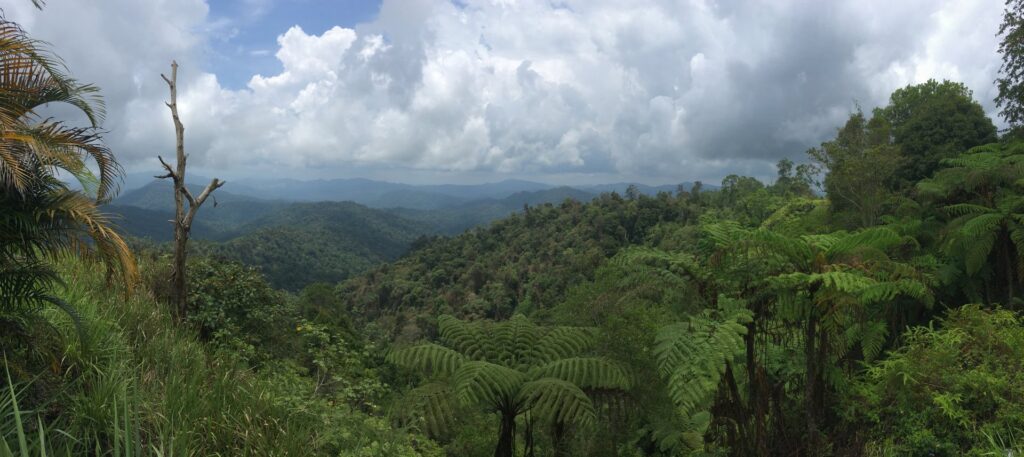
To inform and advance evidence-based business policy and practice, we offer a wealth of proprietary data and tools, provide science-based consultation and have boots on the ground in 115 countries.
Globally, our science and biodiversity data inform international policy dialogue, and in the field of ‘environment & ecology’, BirdLife is ranked #1 in the UK for high impact research.
Locally, our Partners provide acute insight at both a landscape and community level of issues and solutions and have the legitimacy to engage and advocate at all levels of government.
Biodiversity & Business Partnerships
BirdLife works with companies which have a demonstrated commitment to improve internal as well as sectorial environmental performance.
Each of our business partners must fulfil a rigorous due diligence process to ensure that our respective goals and priorities are aligned and that any potential risks don’t outweigh the benefits to biodiversity.
To find out how your business could work with BirdLife, please contact
Sue Mulhall, Biodiversity & Business Partnerships Manager: [email protected]
Biodiversity Data, Tools & Assessments
BirdLife + Partners have identified, mapped and monitor the state, pressure and responses for 13,000+ IBA/KBAs (Key Biodiversity Areas).
BirdLife is the avian authority of the IUCN Red List of Threatened Species. And an Integrated Biodiversity Assessment Tool (IBAT) Alliance Partner. IBAT integrates the databases of KBAs, IUCN Red List species and Protected Areas.
SDG14 Life Below Water + SDG15 Life on Land Indicator Metadata are based on BirdLife’s species and KBA data.
Based on this proprietary data and supplementary sources, BirdLife undertakes Assessments such as;
Proximity Study: a high-level risk assessment of biodiversity sensitivity across an organisation’s value chain landholdings and prioritises sites for biodiversity enhancement.
Land Evaluation: a high-level screening of an organisation’s value chain landholdings potential to deliver co-benefits on biodiversity enhancement, carbon storage and/or capture, and social opportunities for indigenous people and local communities.
Resources:
Integrated Biodiversity Assessment Tool (IBAT)
IBAT is recommended by IFC’s Performance Standard 6, Principles for Responsible Banking (PRB), Principles for Responsible Investment (PRI), Business for Nature, ipbes (Intergovernmental Science-Policy Platform on Biodiversity and Ecosystem Services), and many more authoritative bodies
STAR (Species Threat Abatement and Restoration Metric) is now available on IBAT
Seabird Tracking Database
AviStep – An online mapping tool which identifies sites of high wind/solar resources, with low environmental sensitivity, which is ideal for development, and high sensitivity sites that should be avoided.
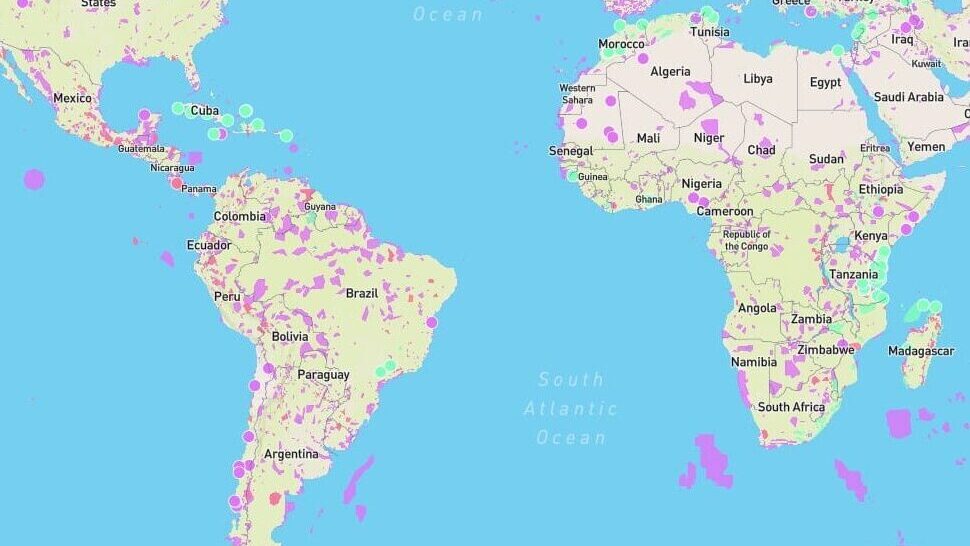
Site-based Conservation & Restoration
With boots on the ground in 115 countries, BirdLife is in a unique position to translate global policies and strategies into local action. We identify, develop and implement conservation projects across the world that generate value to nature, businesses and society.
Site-based services: biodiversity management plans and programmes, baseline assessment and site surveys, monitoring tools, species specific actions, restoration guidelines, habitat creation and enhancement, staff training, volunteering programmes.
As science has clearly shown, we cannot just conserve what we have left but we also need to put back in a transition to be Nature Positive. As one of the leading initiators and drivers for a EU Restoration Law, we are at the forefront of the restoration agenda.
Resources:
Nature Restoration for a Green Recovery
BirdLife’s Position on EU Biodiversity Strategy
Nature Positive Position
Restoration of 50 former quarry sites creates 1,000ha of land for nature
Partnership with Heidelberg Materials – Projects
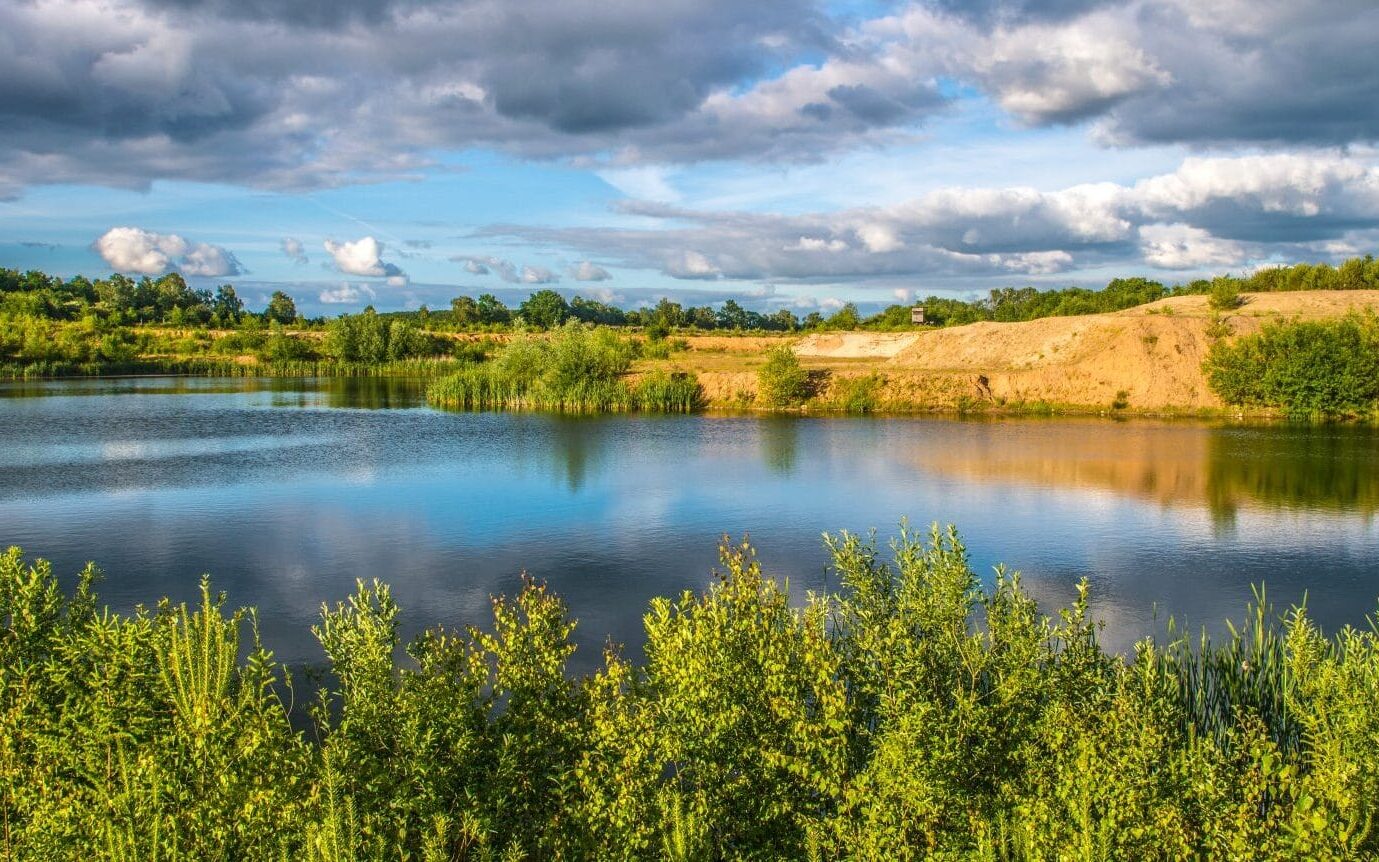
Natural Climate Solutions & Sustainable Finance
In the next decade, nature can provide a third of the solution to Climate Change.
Forests cover around 30% of the Earth’s surface, and is rapidly reducing. Despite businesses commitments to end global deforestation, over 10 billion trees are still lost every year. To tackle climate change, prevent wildlife habitat shrinkage and to improve the lives of over 2 billion people who rely on forests for shelter, livelihoods, water, food and fuel security, we must protect and restore one trillion trees by 2050.
To speed up and scale up this effort, we have joined forces with WWF and WCS to create Trillion Trees, a platform to connect finance with forest conservation ventures.
Reducing Emissions from Deforestation and Forest Degradation (REDD) is a mechanism designed under the UNFCCC to reduce GHG emissions from forested lands and invest in low-carbon paths to sustainable development, by offering incentives to tropical, forested countries to conserve and sustainably manage their forest resources. REDD incentives aim to make forests more valuable standing than they would be cut down, by creating a financial value for protecting the carbon stored in trees.
REDD+ goes beyond deforestation and forest degradation, to include the role of conservation, sustainable management of forests and enhancement of forest carbon stocks.
BirdLife is expanding its portfolio of REDD+ landscapes.
Resources:
Trillion Trees
Gola Rainforest National Park, Sierra Leone, REDD+
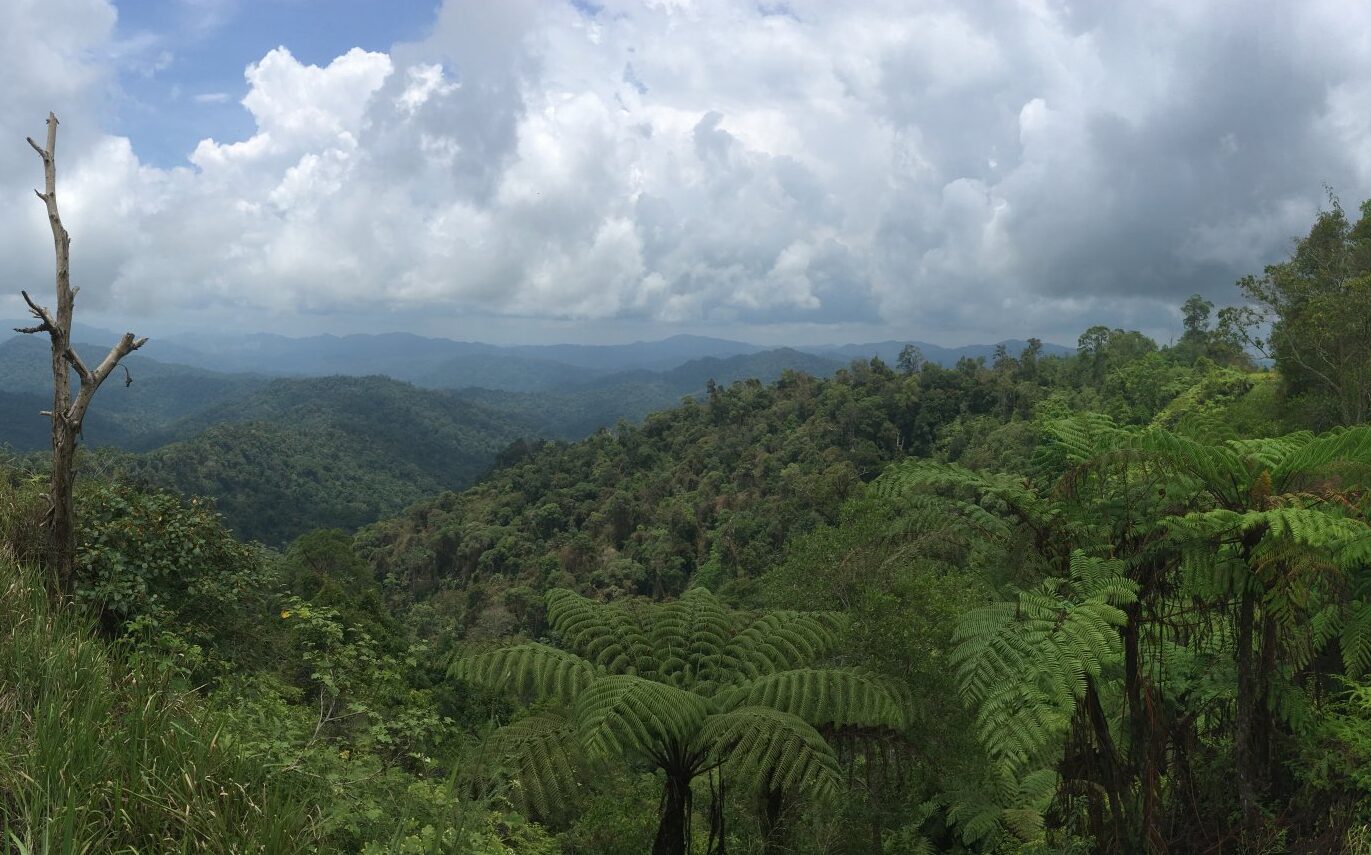
Energy & Infrastructure
To avoid conflict between nature and energy developments from poorly sited energy projects, BirdLife International is the world authority in the field of sensitivity mapping – overlaying resource potential for onshore and offshore wind, photovoltaic solar and transmission lines with avian sensitivity.
Sensitivity mapping is designed to provide planning authorities, environmental consultants, developers and financial institutions access to robust spatial planning tools and technical guidance to enable evidence-based decision making on the optimum safe siting based on resource potential + nature sensitivity.
Sensitivity mapping at the project inception phase can fast-track the investment and sustainable development of the sector.
To avoid and minimise the negative impacts of energy developments on migratory species, Birdlife + Partners conduct pre and post construction monitoring, develop Biodiversity Management Plans and implement site-based conservation programmes.
Resources:
AviStep – An online mapping tool which identifies sites of high wind/solar resources, with low environmental sensitivity, which is ideal for development, and high sensitivity sites that should be avoided.
The wildlife sensitivity mapping manual – practical guidance for renewable energy planning in the European Union
Mitigating biodiversity impacts associated with solar and wind energy development – guidelines for project developers
CMS (Conservation of Migratory Species) Energy Task Force of governments, multilateral environmental agreements, investors, the private sector and NGOs
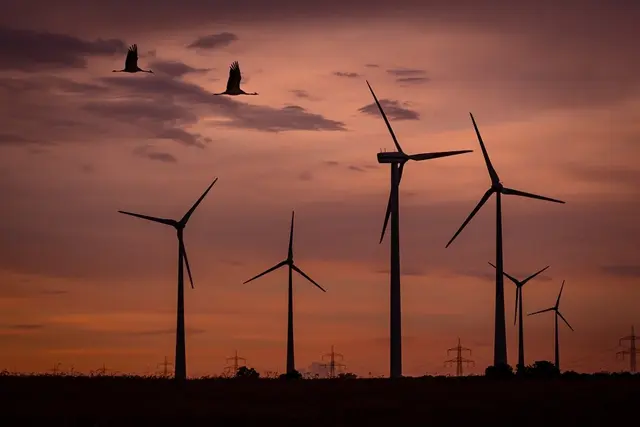
Sustainable Agriculture & Livelihoods
BirdLife + Partners are committed to forest-positive solutions: Sustainable products, Reducing unsustainable practices, Enabling polices and Sustainable services, and have field programmes and initiatives worldwide.
The BirdLife Partnership works across a number of commodities, including cocoa, rubber, rice, beef, yerba mate, candle nut, shea and more. Our programmes are designed to empower communities and improve their livelihoods. We are driven by our belief that local people working for nature in their own places, but connected nationally and internationally through our global Partnership, are key to a sustainable planet.
To accelerate our forest-positive solutions and ensure they reach their full potential, BirdLife runs the Forest Landscape Sustainability Accelerator. This programme advances knowledge on sustainable practices and theories of change and invests seed grants and matchmaker funding from investors and business as a catalyst to pilot and scale new models.
Resources:
Southern Cone Grasslands Alliance
IBIS Rice: the bird-friendly rice scheme boosting livelihoods in Cambodia
How can eating chocolate protect birds?
Forest Landscape Sustainability Accelerator
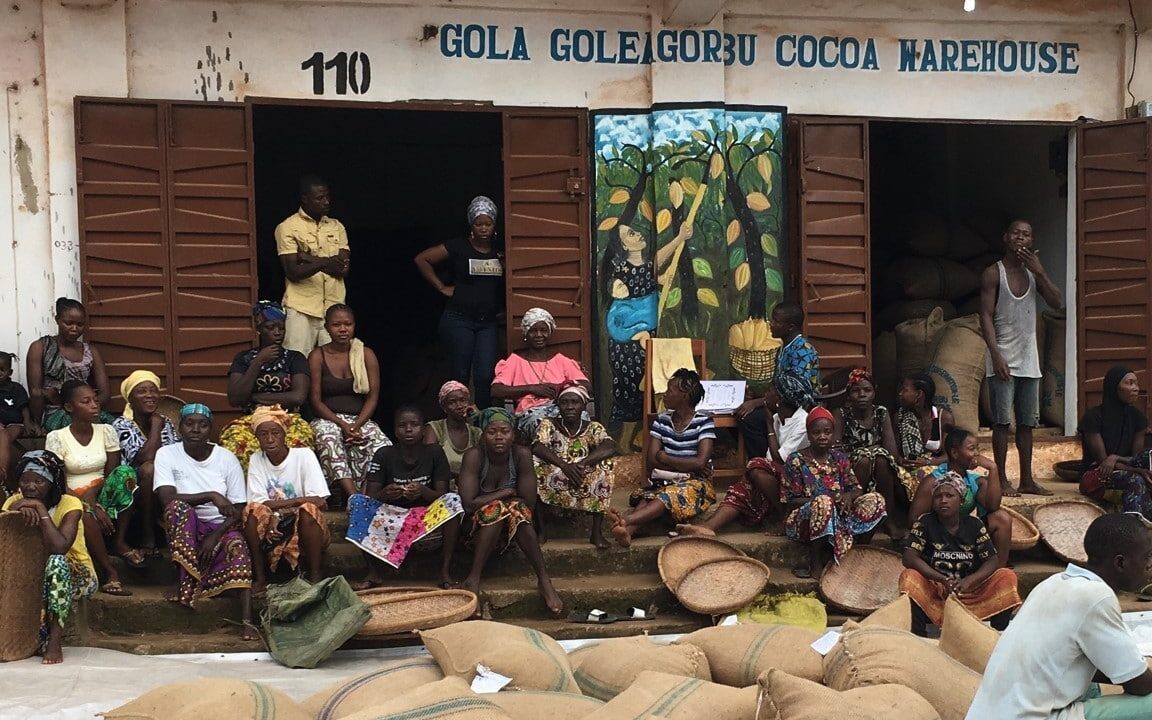
Sustainable Supply Chains
BirdLife also works beyond species and sites to address the systemic drivers of the biodiversity and climate crises. In particular, we work to support sustainable agriculture, forestry and fisheries, and promote models that enable nature to recover, and provide secure livelihoods, food and freshwater.
To address the issue of seabird bycatch, BirdLife is a member of the Marine Stewardship Council (MSC) Stakeholder Advisory Council, engages directly with the seafood supply chain in Japan and works with the Seafood Business for Ocean Stewardship (SeaBOS).
BirdLife is also a founding member of the Global Platform for Sustainable Natural Rubber (GPSNR). A platform established to define sustainability for the natural rubber value chain.
Key to developing a sustainable supply chain is to understand the biodiversity footprint. BirdLife identifies biodiversity-related material risks across value chain landholdings, informs action prioritisation and provides the evidence-base to inform business strategic decision making.
Resources:
Bycatch and the Marine Stewardship Council (MSC): A review of the efficacy of the MSC certification scheme in tackling the bycatch of non-target species | Bycatch Management Information System (BMIS) (bmis-bycatch.org)
SeaBOS | Connecting science with industry leaders for biosphere stewardship: Seafood Business for Ocean Stewardship (SeaBOS)
Global Platform for Sustainable Natural Rubber (GPSNR)
Hutan Harapan’s Rubber Agroforestry Farmers Receive Support from Pirelli and BMW Group
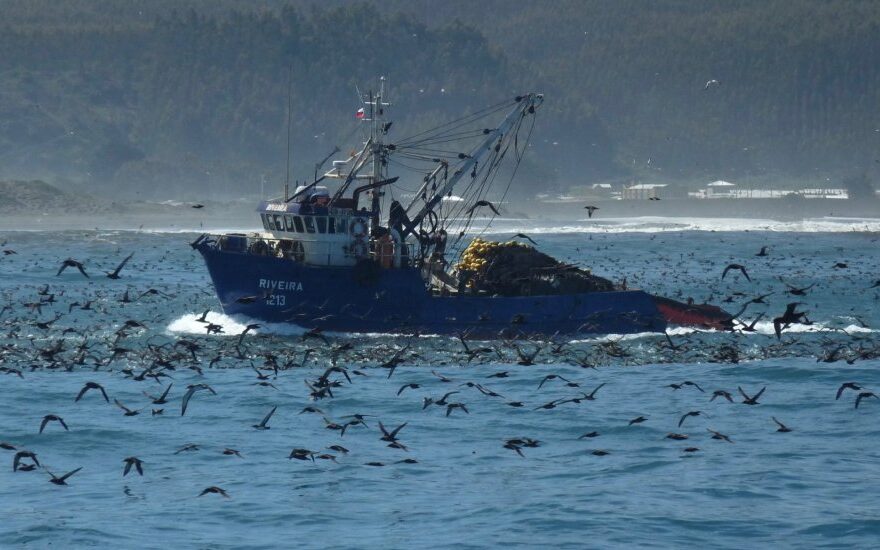
Related news
Stay up to date
Sign up to receive the latest bird conservation news. You’ll also receive updates about our projects, science and other ways to get involved including fundraising.
Thank you for your support, we are committed to protecting your personal information and privacy. For more information on how we use your data, please see our Privacy Policy. You can unsubscribe from emails at any time by using the link in the footer of any email from us.


